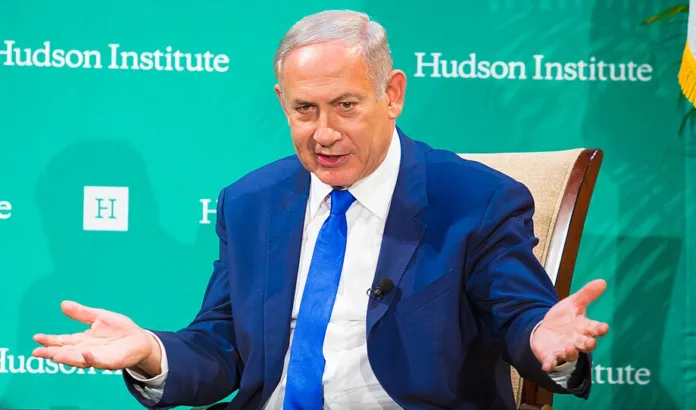Israeli Prime Minister faces significant challenges as Court orders halt to subsidies for ultra-Orthodox men avoiding conscription
In a landmark decision, the Israeli Supreme Court has significantly impacted Prime Minister Benjamin Netanyahu’s government, ordering an end to government subsidies for many ultra-Orthodox men who opt out of military service. This ruling challenges the longstanding practice of exempting Haredi men from conscription, a contentious issue that has now escalated into one of the most critical threats to Netanyahu’s coalition.
Historically, Israel has mandated army service for its citizens but allowed exemptions for ultra-Orthodox Jews, enabling them to pursue full-time religious studies. This exemption has been supported by government stipends, fostering a lifestyle centred around Torah study for the Haredi community. However, with Israel engaged in a prolonged conflict in Gaza, which has seen the loss of 500 soldiers, there’s growing pressure to reevaluate these exemptions. The government’s failure to propose a revised plan to the Supreme Court, aimed at integrating ultra-Orthodox men into military service, has led to this pivotal moment.
The Supreme Court’s directive compels the government to present a new conscription plan by the end of June, putting Netanyahu in a precarious position. His coalition, a mix of parties both in favour of and against Haredi enlistment, faces potential collapse as he seeks a 30-day extension from the court to broker a compromise.
This issue has stirred considerable debate within Israeli society and the government, with figures like Benny Gantz, a political adversary of Netanyahu, advocating for the court’s decision as a means to distribute the burden of military service more evenly. Gantz’s stance highlights the increasing demand for the Haredi community to contribute to national defence, especially during times of conflict.
The ultra-Orthodox parties within Netanyahu’s coalition, United Torah Judaism and Shas, have vehemently opposed the court’s ruling, describing it as an attack on religious students. The potential withdrawal of these parties from the government could lead to new elections, a scenario Netanyahu is keen to avoid given his current standing in the polls.
An alternative proposal to extend military service for conscripts and increase the age for reservists, while ending exemptions for yeshiva students, has been rejected by the Haredi factions. Some have even stated they would prefer imprisonment over enlistment, underscoring the depth of the divide on this issue.
The exemption policy, originating from the early days of Israel’s statehood, has allowed tens of thousands of Haredi men to sidestep military service in favour of religious studies, supported by government funds. This system has faced growing scrutiny as the Haredi population, now comprising approximately 12% of Israel’s 9 million citizens, continues to expand.
In a dramatic turn, Israel’s Sephardi chief rabbi has warned of a mass exodus of Haredim should their military exemptions not be extended, illustrating the societal and religious tensions at play.
As the deadline approaches, Netanyahu’s request for an extension underscores the challenge of finding a resolution that balances the needs of national security with the values and traditions of the ultra-Orthodox community.
